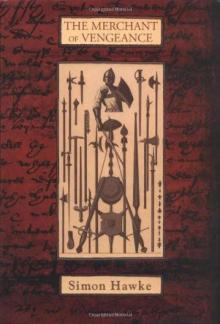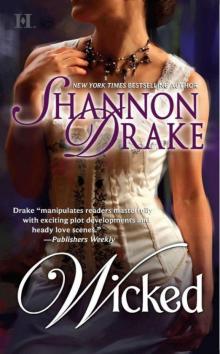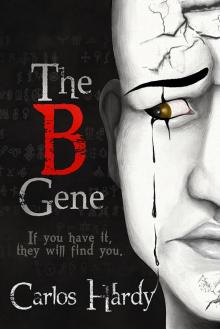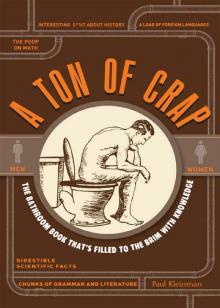The Merchant of Vengeance


Author: Simon Hawke
Category: Other3
Published: 2003
Series: Shakespeare and Smythe
View: 245
Read OnlineWill, the fledgling playwright and poet, and Tuck, the would-be actor and rest-of-the-time ostler, have been enjoying their lives on and behind the stage...if only it wasn't for the occasional interruptions: plague, the closing of the theater for reasons of law or finance, and the occasional murder.As luck would have it, the dramatic twosome must once again play detective in a case that involves the fates of those near and dear to their hearts as well as certain hoped-to- have-been--forgotten family members.Christopher Marlowe's The Jew of Malta is all the rage on the London stage, and the young bard wishes to rise to the competition. With companion Tuck at his side, Will makes a sojourn for research purposes into the Elizabethan underworld, where contracts are blood bonds and the quality of mercy is stretched to its very limits. He becomes embroiled in a tangle of unlucky young lovers, anti-Semitism, and rogue justice.From Publishers WeeklyIn Hawke's solid fourth entry in his somewhat discursive series about ostler Tuck Smythe and young Will Shakespeare (after 2002's Much Ado About Murder), Will wants to write a better play than Kit Marlowe's Jew of Malta, but he has never met a Jew (nor has almost anyone else in late 16th-century England, for they were expelled 300 years earlier). When Will and Tuck question their best-traveled friend, Ben Dickens, about Jews, they learn that a tailor's promising career and imminent marriage have been shattered by his prospective father-in-law's discovery that the young man's mother was a Jew. Tuck's suggestion that the couple elope determines the course of the rest of the tragic story, which roughly parallels the plot of The Merchant of Venice. The author nicely evokes Elizabethan London: the wherrymen who supply the equivalent of taxi service along the Thames; Paul's Walk, the nave of the old St. Paul's church, which has become a place for assignations and booksellers; and the highly organized criminal underworld, where justice is meted out without appeal and Will finds himself defending a man accused of murder. Hawke does a better job of drawing his male characters than his female ones, but he provides all his principals with enough depth for readers to care about their fate. Fans should look forward to further adventures as Will develops as a playwright. Copyright © Reed Business Information, a division of Reed Elsevier Inc. All rights reserved. From BooklistHawke's fourth Shakespeare and Smythe mystery offers more of the same, and that's great news. Unlike so many dabblers in history and mystery, Hawke blends fact and fiction beautifully: information flows naturally out of the plot, and his novels are devoid of those awkward chunks of exposition that many writers shove into a story in order to get vital information to the reader. And his premise is pretty neat, too: the heroes are two amateur sleuths, hopeful actor Symington Smythe and a young playwright named Will Shakespeare. This time out the duo encounters anti-Semites, armorers (they make body armor for knights), and a series of events that bears a strange similarity to a certain play (see the pun in the title). Effectively mixing mystery and Shakespearean scholarship (Hawke offers a new and thought-provoking explanation for the writing of that certain play), the novel works on every level. This series deserves more attention among historical mystery readers, and this one may well be the one to deliver it. David PittCopyright © American Library Association. All rights reserved
 Beau and the Lady Beast
Beau and the Lady Beast Wicked
Wicked The B Gene
The B Gene Extinction
Extinction A Ton of Crap
A Ton of Crap Iron Flats Rebel: Shifter Realms
Iron Flats Rebel: Shifter Realms Always Denver (Maple Hart)
Always Denver (Maple Hart)![Siege of New Hampshire (Book 1): Plan B [Revised]](https://i1.readfreenovel.com/i/03/17/siege_of_new_hampshire_book_1_plan_b_revised_preview.jpg) Siege of New Hampshire (Book 1): Plan B [Revised]
Siege of New Hampshire (Book 1): Plan B [Revised]